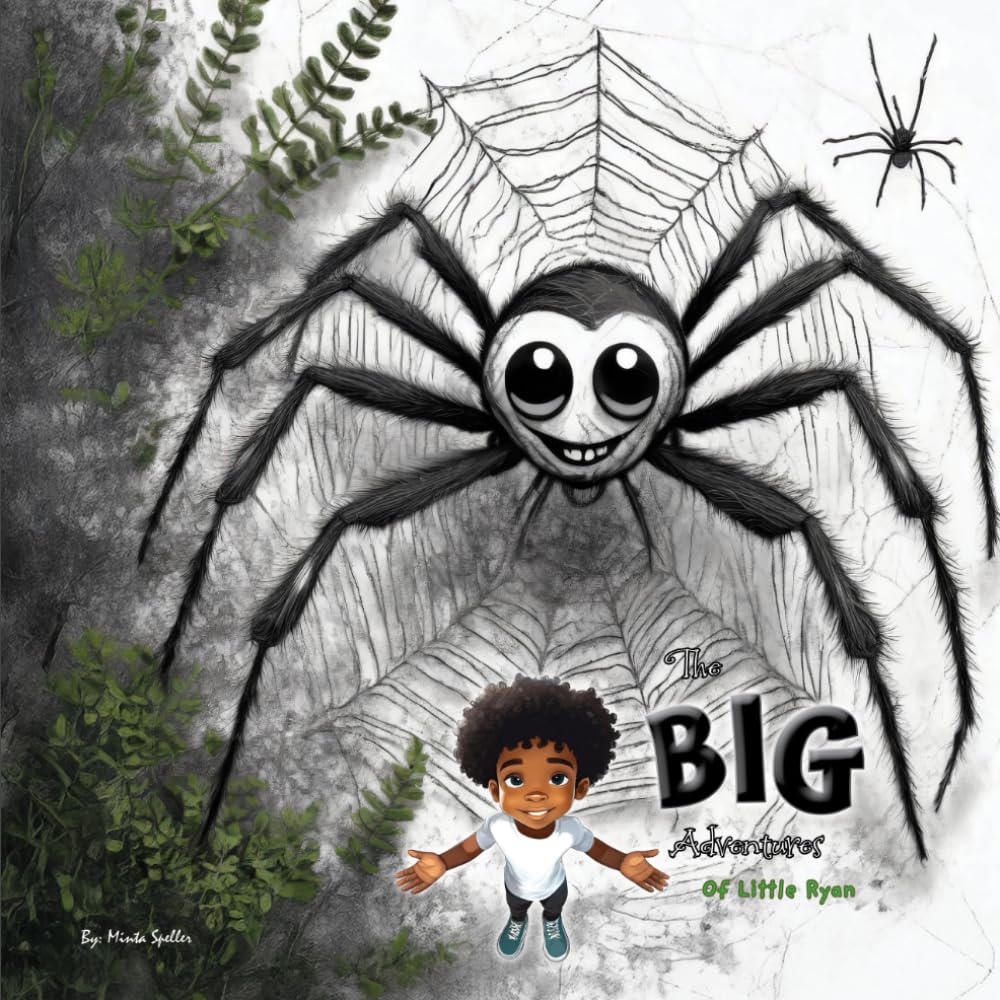"The struggle from late youth on, with and without God, agony, narcotics and love is a torment rarely recorded with such sustained eloquence and passion as you will find in this collection." --Fanny Howe This highly-anticipated debut boldly confronts addiction and courses the strenuous path of recovery, beginning in the wilds of the mind. Poems confront craving, control, the constant battle of alcoholism and sobriety, and the questioning of the self and its instincts within the context of this never-ending fight. From "Stop Me If You've Heard This One Before": Sometimes you just have to leave whatever's real to you, you have to clomp through fields and kick the caps off all the toadstools. Sometimes you have to march all the way to Galilee or the literal foot of God himself before you realize you've already passed the place where you were supposed to die. I can no longer remember the being afraid, only that it came to an end. Kaveh Akbar is the founding editor of Divedapper . His poems appear recently or soon in The New Yorker, Poetry, APR, Tin House, Ploughshares, PBS NewsHour , and elsewhere. The recipient of a 2016 Ruth Lilly and Dorothy Sargent Rosenberg Fellowship from the Poetry Foundation and the Lucille Medwick Memorial Award from the Poetry Society of America, Akbar was born in Tehran, Iran, and currently lives and teaches in Florida. Praise for Calling a Wolf a Wolf: “Mr. Akbar’s poems give language and form to many experiences I thought too abstract for expression. They are at once deeply personal and about all of us.” —John Green, The Wall Street Journal “…Akbar proves what books can do in his exceptional debut, which brings us along on his struggle with addiction, a dangerous comfort and soul-eating monster he addresses boldly…” — Library Journal , STARRED review "[ Calling a Wolf a Wolf ] strips the self of its protective covering and in so doing gets to the core of what it is to love, grieve, embrace joy, inflict pain, and seek redemption." — Jacket 2 “At times conversational, at times oratorical, Akbar seems to understand that he is moving through the intimate and the cosmic with the same lingering eye for detail.” — Angel City Review “[ Calling a Wolf a Wolf ] is a welcome testimony to how the deeply personal can seep into and even shape our national consciousness. This is the work of great poetry.” — Seattle Review of Books “[ Calling a Wolf a Wolf ] is a book that whispers, that longs for connection…” — Rain Taxi Review of Books “These are meditations on life as viewed through the color-saturated prism of a self-admitted alcoholic-addict, who finds beauty in even the ugliest of experiences.” — VOGUE “…Akbar is a sumptuous, remarkably painterly poet.” —Benjamin Voight, The Kenyon Review “Akbar’s poems—which explore addiction and arrested development and the starts and stops of desire—are psychic travelogues that are tiny and expansive at once.” — The Atlantic Magazine “Particularly in this time where addiction is destroying whole communities of people, especially youth communities, Akbar’s collection provides a beacon through a nightmare, and a salve for the wounded.” — Fork & Page “In [Akbar’s] speaker’s voice, language is held in tension, and the blend of familiar and strange imagery strikes emotional high notes again and again.” — Stirring Lit “[ Calling a Wolf a Wolf ] is not a book asking for forgiveness, but rather a book about the slow and complicated process of forgiving and being forgiven.” — Drizzle Review “Akbar writes with frank and necessary transparency about the nature of addiction, the ball-and-chain drag of it, the strange and painful want for the shackle the speaker is simultaneously working so hard to unclasp.” — Southern Humanities Review “Akbar’s alchemy of remembering and forgetting maps a roving, rich, and sometimes violent search for self.” — Boston Review “[Akbar] demonstrates with otherworldly imagery that those who suffer possess an astonishing sensitivity to beauty, able to find it in even the saddest places. Indeed, Calling a Wolf a Wolf does precisely that.” — Fields Magazine “With electric tempo, Calling a Wolf a Wolf moves swiftly to execute awesome feats of language, leaving our perception of the world marvelously warped in its wake.” — Guernica “The body becomes more than mystical in [ Calling a Wolf a Wolf ], as the boundaries between flesh and world are not merely blurred, but shattered—bodies are thrown upon all the sharp crooked edges of life and Akbar diligently records every detail of the aftermath. . .” — Frontier Poetry “With Kaveh Akbar’s Calling a Wolf a Wolf , we are not only witnessing the rise of a prominent contemporary poet, but we are also challenged to relook at the way we respond to the emotional obstacles faced by ourselves and others.” — The Coil “Akbar’s poems are liminal rides, earnest and authentic considerations of what it truly means to













